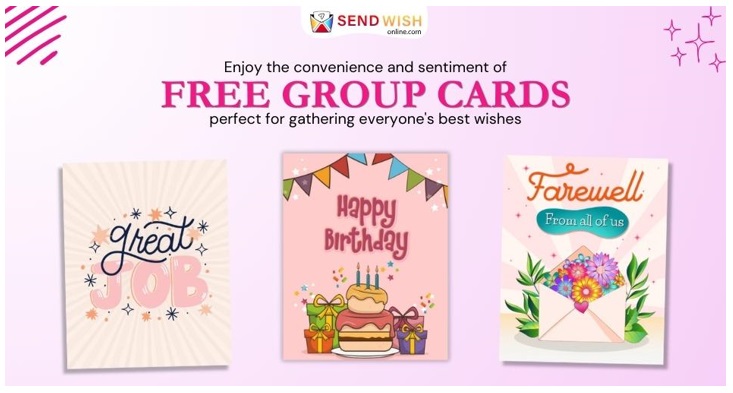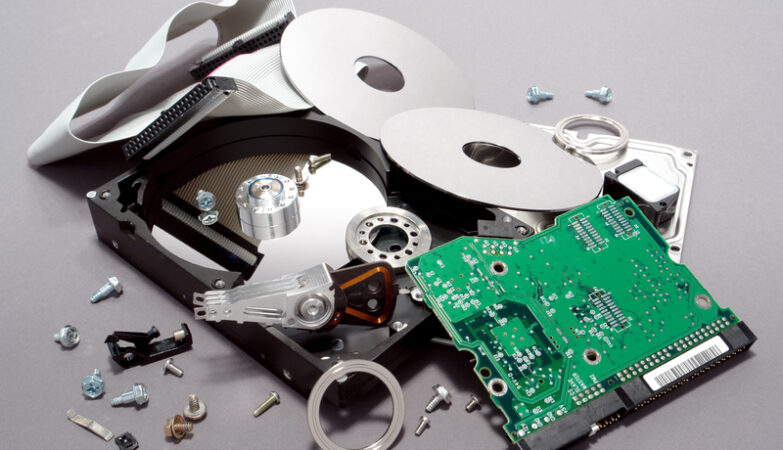In today’s fast-paced work environment, deadlines and tasks often dominate our focus, but building a sense of community among colleagues is just as important. The workplace isn’t only about getting things done; it’s where many of us spend a significant part of our lives, making it natural to want it to feel welcoming and supportive—like a second home. One way to nurture this feeling of togetherness is by using group cards. This article delves into how group cards have become a cherished part of modern office culture, helping teams celebrate milestones and create a family-like atmosphere.
The Power of Connection
Despite the rise of digital communication tools in the workplace, there’s something special about receiving a physical card. Group cards, in particular, have a unique ability to bring coworkers closer. They are tangible expressions of appreciation and camaraderie, serving as a reminder that the workplace is more than just a collection of individuals; it’s a team.
- Celebrating Milestones: Group cards offer a thoughtful way to mark important occasions, from birthdays to work anniversaries or major achievements. Personalized messages from team members make these moments even more meaningful, showing that the workplace values people beyond their job titles.
- Expressing Gratitude: Simple acts of gratitude can go a long way in strengthening workplace relationships. Group cards allow colleagues to collectively express their thanks, boosting morale and fostering a culture of appreciation.
- Fostering Inclusivity: These cards also help bring everyone together, making each team member feel valued and included. The act of contributing personal messages creates a sense of belonging, reinforcing the idea that everyone’s voice matters.
Creating Lasting Memories
Group cards don’t just celebrate the present; they often become cherished keepsakes that preserve memories of shared experiences. Filled with inside jokes, personal notes, and team anecdotes, these cards reflect the unique dynamics of a workplace. During tough times, they can serve as a reminder of the support system that exists within the team.
- Building Traditions: Over time, giving group cards can become a beloved tradition within an office, especially as new team members are welcomed into the fold. It creates a sense of continuity and strengthens bonds among colleagues.
- Preserving Memories: Many people keep group cards on their desks or pin them to office boards. These cards serve as daily reminders of the laughter, teamwork, and shared accomplishments that define the workplace experience.
Fostering a Sense of Family
In many cases, work relationships evolve into something deeper—like a second family. Colleagues share not only professional challenges but personal joys and sorrows as well. Group cards help to foster this familial connection by providing a platform for empathy, support, and genuine care.
- Emotional Support: During personal hardships or losses, group cards offer comfort by showing the collective care and compassion of the team. These thoughtful gestures help coworkers navigate difficult moments.
- Boosting Morale: Beyond personal milestones, group cards can lift the entire team’s spirits. A well-timed card can spread positivity and remind everyone that they’re part of a supportive community.
Celebrating Diversity and Inclusion
Group cards also play an important role in celebrating workplace diversity. They provide opportunities for colleagues from various cultural, religious, and personal backgrounds to come together and honor each other’s differences. Whether recognizing cultural holidays or individual achievements, group cards showcase the inclusiveness of the office, demonstrating that all contributions are valued.
Boosting Employee Engagement
Engaged employees are typically more productive and satisfied in their roles. Group cards contribute to this engagement by creating a positive and uplifting environment. They give team members a chance to connect on a personal level, fostering stronger bonds and encouraging greater commitment to their work.
Fostering Team Spirit
Team spirit is essential for any organization’s success, and group cards are a reflection of the teamwork that drives a workplace. They remind everyone that they’re part of something larger than themselves—a cohesive unit striving toward shared goals. By collectively celebrating both large and small achievements, group cards encourage a spirit of collaboration and support.
The Art of Crafting Group Cards
Creating a group card can be as meaningful as receiving one. Often, team members collaborate to come up with the perfect design and heartfelt messages. This process reinforces the sense of community and teamwork within the office, while also encouraging creativity. The result is a card that feels unique and special, reflecting the personality of the team.
The Evolution of Group Cards
While traditional paper cards remain popular, digital group cards have gained traction in today’s remote and hybrid work environments. Virtual group cards offer the same level of sentiment and personalization, with the added convenience of online accessibility. The adaptability of group cards ensures that they remain a valuable tool for team bonding, no matter how the workplace evolves.
Conclusion
In the fast-moving world of work, group cards serve as a reminder that the human connections we form are just as important as the tasks we complete. They turn the workplace into a space where colleagues become friends, milestones are celebrated with joy, and diversity is embraced. Whether in paper or digital form, group cards help create a family-like atmosphere at work, strengthening the bonds that make our professional lives more fulfilling. Through these simple acts of celebration and connection, work truly feels like a place where we belong











